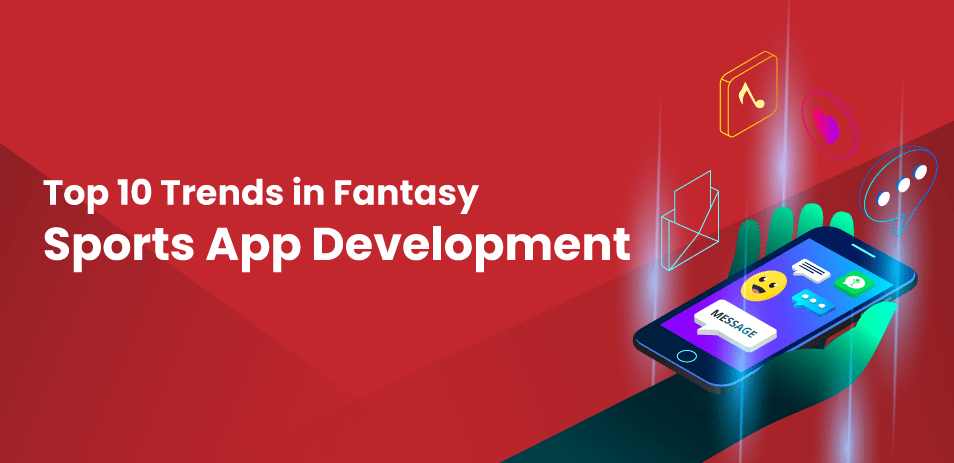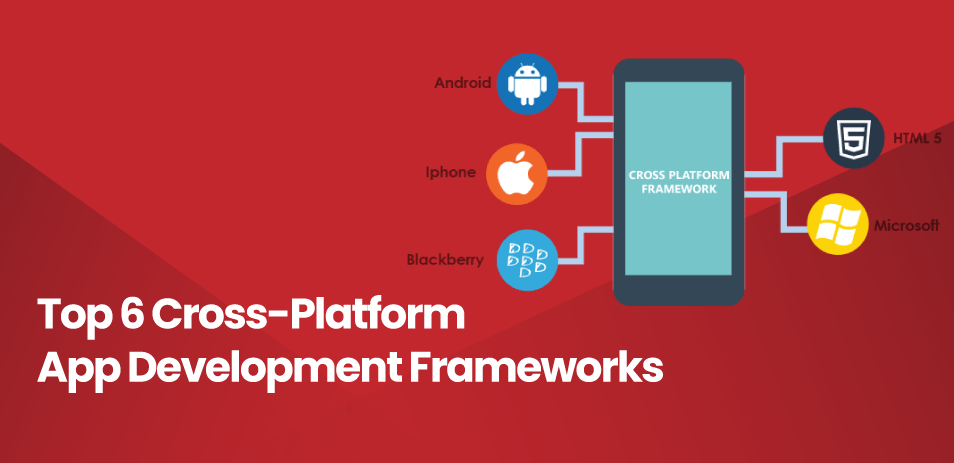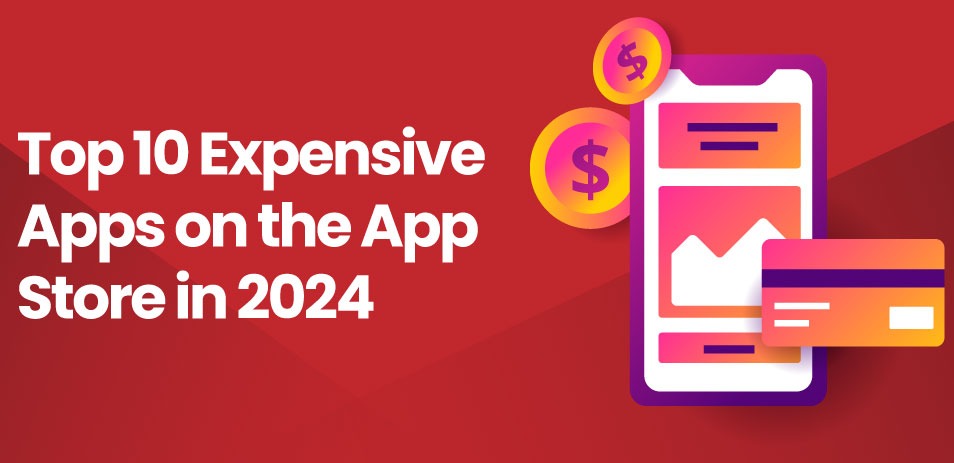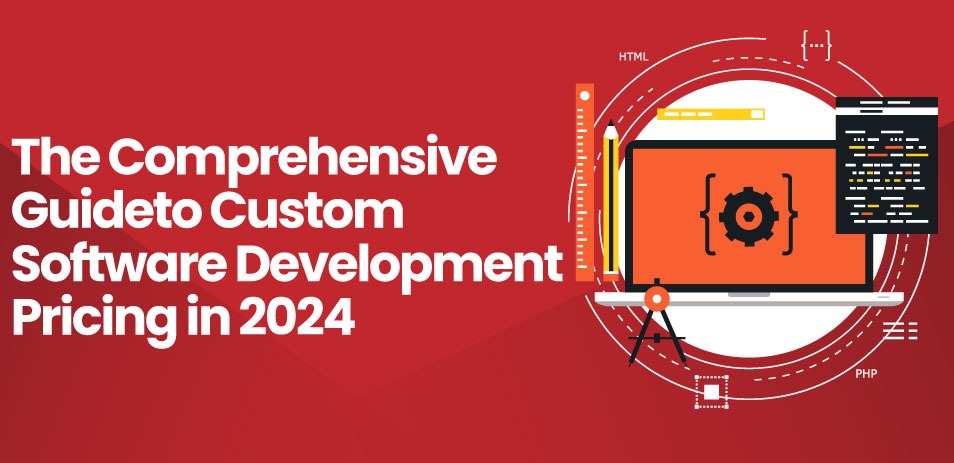In the fast-paced world of fantasy sports, where every match, every player’s performance, and every decision counts, staying ahead of the curve is essential. The landscape of fantasy sports app development is constantly evolving, driven by technological advancements, user preferences, and industry innovations. In this blog, we embark on a journey to explore the top eight tech trends and innovations shaping the future of fantasy sports app development.
From the integration of artificial intelligence and machine learning to the emergence of augmented reality features, fantasy sports apps are undergoing a transformative evolution. These technologies are not just enhancing user experience but also revolutionizing the way fans engage with their favorite sports and teams. But it’s not just about technology; it’s about creating immersive experiences, fostering community engagement, and empowering users to make informed decisions. Blockchain ensures transparency and security, social integration builds vibrant communities, and gamification elements add a competitive edge to the user experience.
Predictive analytics, data visualization, and seamless cross-platform compatibility are becoming essential components of fantasy sports app development in Dallas, offering users deeper insights, enhanced accessibility, and a seamless user experience across devices.
The Fantasy Sports Market size is estimated at USD 32.75 billion in 2024, and is expected to reach USD 62.58 billion by 2029, growing at a CAGR of 13.83% during the forecast period (2024-2029).
The Decisive Play Top 10 Trends in Fantasy Sports App Development
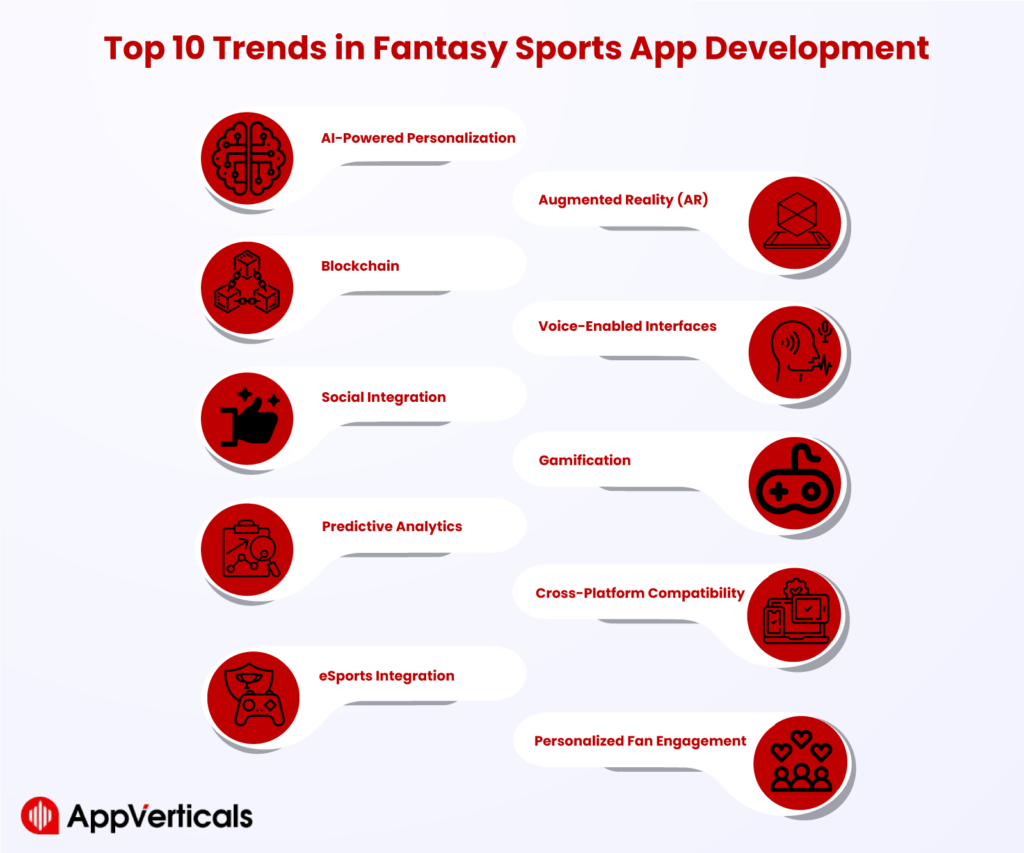
AI-Powered Personalization
AI-powered personalization is revolutionizing the fantasy sports industry by offering tailored experiences and recommendations to users based on their preferences, behavior, and historical data. Artificial intelligence (AI) algorithms analyze vast amounts of user data, including past game selections, player performance, and user interactions, to understand individual preferences and behaviors. With this insight, fantasy sports apps can deliver personalized recommendations for player selections, game strategies, and contests that align with each user’s interests and objectives.
AI-powered personalization enhances the user experience by providing relevant and timely content that resonates with each user. For example, users may receive customized player suggestions based on their favorite teams, positions, or player statistics. AI algorithms can also predict player performance and game outcomes, helping users make informed decisions and optimize their fantasy teams for success.
Enhanced User Experience with Augmented Reality (AR)
Augmented reality (AR) is revolutionizing the user experience in fantasy sports apps by overlaying digital information in the real-world environment. Through AR features, users can immerse themselves in the game like never before, experiencing live matches dynamically and interactively. AR enables users to visualize player statistics, game highlights, and real-time data overlays directly on their smartphones or tablets, enhancing engagement and excitement during gameplay.
By leveraging AR technology, fantasy sports apps provide users with a more immersive and entertaining experience, blurring the lines between the virtual and physical worlds. From interactive player animations to real-time stadium views, AR transforms the way fans engage with their favorite sports teams and players, creating unforgettable experiences that keep them coming back for more.
Blockchain for Transparency and Security
Blockchain technology is revolutionizing the fantasy sports industry by providing transparency, security, and trust in a decentralized network. By leveraging blockchain, fantasy sports apps ensure that all transactions, including payments, prize distributions, and player selections, are tamper-proof and transparent. Smart contracts, powered by blockchain technology, automate the execution of transactions, eliminating the need for intermediaries and reducing the risk of fraud or manipulation.
Blockchain enhances data security by encrypting user information and preventing unauthorized access or tampering. With blockchain, users can trust that their data and transactions are secure, fostering confidence and trust in the fantasy sports platform. Moreover, blockchain technology enables seamless cross-border transactions and facilitates global participation in fantasy sports contests, opening up new opportunities for fans and players worldwide.
Voice-Enabled Interfaces
Voice-enabled interfaces are revolutionizing the way users interact with fantasy sports apps, offering a hands-free and intuitive user experience. By integrating voice recognition technology, users can access real-time updates, player statistics, and game insights simply by speaking commands or asking questions on their devices. Voice-enabled interfaces provide a convenient and accessible way for users to engage with their favorite sports teams and players, especially while multitasking or on the go.
These interfaces not only enhance user convenience but also improve accessibility for users with disabilities, making fantasy sports more inclusive and engaging for all. Furthermore, voice-enabled interfaces enable a more natural and conversational interaction, allowing users to engage with the app in a manner that feels intuitive and seamless. With voice-enabled interfaces, fantasy sports apps are breaking down barriers and redefining the way users engage with sports content, enhancing the overall user experience.
Social Integration and Community Building
Social integration plays a crucial role in fostering community engagement and building vibrant ecosystems within fantasy sports apps. By integrating social features such as chat rooms, forums, and social media integration, users can connect, interact, and share their passion for sports with like-minded fans from around the world. Social integration enables users to create and join leagues, compete against friends, and share their achievements and insights with their social networks, enhancing camaraderie and competition within the community.
Social integration facilitates user-generated content, such as user-generated leagues and challenges, which adds depth and variety to the fantasy sports experience. By building a strong community of passionate fans, fantasy sports apps can enhance user retention, drive user acquisition, and create a more engaging and immersive experience for all users. Social integration is not just a feature but a fundamental aspect of fantasy sports apps, enabling users to connect, compete, and celebrate their love for sports together.
Gamification for Enhanced Engagement
Gamification has emerged as a powerful tool for enhancing user engagement and retention in fantasy sports apps. By incorporating gamification elements such as badges, leaderboards, achievements, and rewards, developers can motivate users to participate actively and compete with enthusiasm. Gamification adds a layer of excitement and competition to the fantasy sports experience, encouraging users to set goals, track their progress, and strive for mastery. Leaderboards allow users to compare their performance with friends and peers, fostering healthy competition and social interaction within the community.
Achievements and rewards provide users with tangible incentives for their accomplishments, encouraging continued engagement and loyalty. Moreover, gamification creates a sense of progression and accomplishment, keeping users invested in the app over the long term. By leveraging gamification, fantasy sports apps can transform the user experience into a fun and engaging journey where every achievement and milestone is celebrated, driving increased user participation and satisfaction.
Transform your ideas into reality!
Get started on your mobile app journey today with our expert team. Let’s create something amazing together.
Yes Let’s goPredictive Analytics and Data Visualization
Predictive analytics and data visualization are revolutionizing the way users interact with fantasy sports apps, providing valuable insights and strategic guidance for making informed decisions. Advanced analytics algorithms analyze vast amounts of data, including player statistics, historical performance, and game trends, to predict future outcomes and optimize user strategies. Data visualization tools transform complex data sets into easy-to-understand visual representations, such as charts, graphs, and heat maps, allowing users to identify patterns, trends, and opportunities at a glance.
Predictive analytics and data visualization empower users to make smarter decisions, whether it’s selecting players for their fantasy team, setting lineups, or making in-game adjustments. By providing users with actionable insights and real-time updates, fantasy sports apps enhance user engagement and satisfaction, fostering a deeper connection between fans and the sports they love. With predictive analytics and data visualization, users can gain a competitive edge and maximize their chances of success in fantasy sports contests, turning data into wins.
Cross-Platform Compatibility
Cross-platform compatibility is becoming increasingly important in fantasy sports app development, ensuring a seamless user experience across various devices and operating systems. Users expect to access their fantasy sports apps from smartphones, tablets, and desktops without encountering any compatibility issues. Developers achieve cross-platform compatibility through responsive design, ensuring that the app layout and features adjust automatically to fit different screen sizes and resolutions.
Cloud-based solutions and APIs enable data synchronization across devices, allowing users to seamlessly switch between platforms while maintaining their preferences, settings, and game progress. Cross-platform compatibility enhances accessibility and convenience for users, enabling them to engage with their favorite fantasy sports app anytime, anywhere, on any device.
eSports Integration
The integration of eSports into fantasy sports apps is expanding the gaming experience and attracting a new generation of users. eSports, which involve competitive video gaming tournaments, have gained immense popularity worldwide, attracting millions of viewers and players. Fantasy sports apps are tapping into this growing market by offering eSports contests alongside traditional sports leagues. Users can now draft teams of professional gamers and compete in eSports tournaments for cash prizes and bragging rights. eSports integration diversifies the gaming experience, catering to a broader audience of gamers and sports enthusiasts. Moreover, it offers an opportunity for fantasy sports apps to differentiate themselves in a crowded market and attract users who are passionate about gaming and eSports.
Personalized Fan Engagement
Personalized fan engagement is becoming a key focus area for fantasy sports apps, offering tailored experiences and content to users based on their preferences, behavior, and interests. Through data analytics and machine learning algorithms, fantasy sports apps can analyze user data to understand their choices, favorite teams, players, and gaming habits. With this insight, apps can deliver personalized recommendations, content, promotions, and offers to enhance user engagement and satisfaction.
Personalized fan engagement fosters a deeper connection between users and the app, increasing user loyalty and retention. By providing customized experiences that resonate with individual users, fantasy sports apps can create a sense of belonging and ownership, transforming casual users into loyal advocates and brand ambassadors. Personalized fan engagement is a powerful strategy for fantasy sports apps to differentiate themselves in a competitive market and build long-lasting relationships with their users.
Conclusion
The exploration of the top trends in fantasy sports on-demand app development reveals a dynamic and evolving landscape driven by innovation, technology, and user-centric design. From AI-powered personalization to blockchain for transparency and security, each trend plays a pivotal role in shaping the future of fantasy sports apps, enhancing user experience, engagement, and satisfaction.
The integration of augmented reality (AR) features offers users immersive and interactive experiences, while blockchain technology ensures transparency, security, and fairness in fantasy sports contests. Voice-enabled interfaces simplify user interaction, while social integration fosters community engagement and camaraderie among fans.
Gamification elements add excitement and competition to the fantasy sports experience, while predictive analytics and data visualization empower users to make informed decisions and optimize their strategies. Cross-platform compatibility ensures a seamless user experience across devices, while eSports integration diversifies the gaming experience and attracts new audiences.
Personalized fan engagement creates a sense of belonging and ownership, transforming casual users into loyal advocates and brand ambassadors. Overall, these trends represent the forefront of fantasy sports app development, offering exciting opportunities for developers to innovate and create immersive, engaging, and personalized experiences for users worldwide. As the industry continues to evolve, embracing these trends will be essential for fantasy sports apps to stay competitive and deliver unparalleled value to their users.

